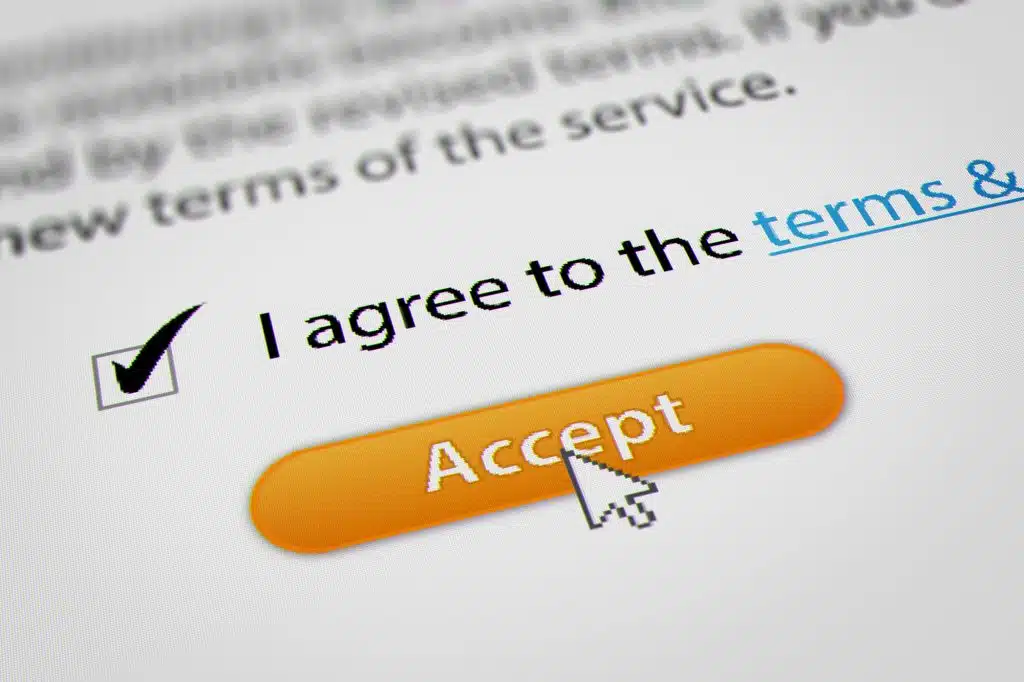1. Are you a law firm?
Yes, we are an Incorporated Legal Practice that has been set up under the Legal Profession Uniform Law (NSW).
2. Where is LawBase based?
Our head office is based at Lawson Place on Phillip Street in Sydney but, as an online law firm, our lawyers work remotely and can assist you wherever you are in Australia.
3. What is a ‘virtual’ law firm?
We operate as a ‘virtual’ law firm, also known as an online law firm, meaning that the majority of our work is conducted online, including our meetings with clients. Being a virtual law firm allows us to work with clients who are located all around Australia, and allows us to help clients that may be too busy to meet with a lawyer in person. Whether we communicate via phone, email or online conferencing tools, we have found that our clients love the flexibility that a virtual law firm provides.
4. What geographical area does LawBase serve?
Being an online law firm, we are able to assist clients from all around Australia.
5. Do I need to physically attend your offices to receive legal advice?
No, you do not need to physically attend our offices to receive legal advice. Most of our meetings occur via phone or online conferencing tools, and as such we are able to provide our services without meeting in person.
6. Why should I choose LawBase?
At LawBase, we are passionate about finding creative ways to deliver legal services and make complicated processes easier for our clients. We provide timely, practical and affordable commercial law services to our clients, who are business owners and entrepreneurs, to give them the confidence to start, build and protect their businesses.
We care about your business. We listen to you, and guide you as to what, why and how legal services are being carried out. By doing this, we achieve our goal of long-standing relationships that are founded on trust and performance.
7. How does LawBase work?
We want to make working with us as simple as possible. Just submit an enquiry using the form on our website and we will contact you within 1 business day to learn more about your business and project. We will then provide an email with our fees, scope of work and timing. You can accept our proposal by making an upfront payment to our trust account. We handle your trust money in accordance with the rules and guidelines of the NSW Law Society. We’ll then connect you with one of our lawyers who will take care of your matter. This lawyer will be the main contact on your matter, and will keep you updated as your matter progresses.
8. What types of matters does LawBase handle?
We handle a wide variety of business law, contract law, corporate and commercial law, drone law and intellectual property matters.
9. What fees do you charge?
We love working on a fixed fee basis and wherever possible we will charge on a fixed fee basis. Otherwise, we will provide an accurate fee estimate for your approval before we commence any work and will provide you with updates on fees as the matter progresses.
10. What can I expect from LawBase if I instruct you as my lawyer?
If you choose LawBase as your lawyer, you can rest assured that we will commit to you and your matter in order to ensure the best possible outcome. Unlike the traditional law firm, we are transparent about what we do, how we do it and how much it costs. We will be upfront about the potential outcomes of your matter, and we will provide you with information that may help in deciding how to respond to different issues that may arise. We are creative thinkers, and we will provide advice as to how best to achieve your desired outcome.
11. What are my expectations and obligations as a client?
As a client, we would appreciate if you would provide us with timely communications, including instructions and feedback, so that we may manage your matter efficiently.
Also, we ask that you disclose all relevant information to us in order for us to be able to provide you with the best assistance possible.
12. I am a small business. Is LawBase able to assist me?
LawBase has worked with small businesses since its launch in 2016. As a small business ourselves, we understand the unique requirements of small businesses and appreciate the need for flexibility and practical solutions to your business’ issues.
13. How will I be informed of any developments in my matter?
We pride ourselves on keeping our clients informed with regards to the progress of their matter. We provide regular updates by email or phone, and clients are always welcome to contact us if they have any questions.
14. I need to draft documents for my business. Should I be using a lawyer?
Whilst it is possible to use a template to create documents, such as contracts and deeds, relating to your business, it is always beneficial to involve a lawyer to draft or review such documents. By their nature, a template is a general document that is intended to assist a wide variety of individuals or businesses, and cannot take your particular circumstances into account. A lawyer will also be able to provide up-to-date advice in relation to changes in the law, and can amend documents to reflect the nature and scope of your business.
15. I need to review documents for my business. Should I be using a lawyer?
Here are our top 5 reasons to engage a lawyer to review documents for your business.
Prevention is better than a cure: the cost of not engaging a lawyer to review your contract can be astronomical in comparison to what it costs to have someone review the contract and discuss how the deal works before signing. A lawyer can identify how you might run into trouble down the road and help you negotiate those terms or plan to avoid the pitfalls in the first place.
A fresh legal perspective: lawyers review contracts every day for a variety of clients and in a variety of situations. They can view a contract without competing business pressures that would be a distraction to business owners.
You can’t sue yourself: if you review your own contract, and make a mistake, you have no recourse. If your lawyer makes a mistake, you can sue them. Lawyers may not like this one but it’s a simple fact.
You’re not an expert on contracts: but your lawyer is so use them to review and draft your contracts to avoid making a crucial mistake.
It can level the playing field: when you receive a contract, that contract was most likely drafted by a lawyer who only had their client’s interests in mind. An independent review is essential to ensure that any contract protects both parties equally.
16. Will the business and personal information I share with you be kept in confidence?
Yes, the information you provide to us for the purpose of obtaining legal advice are kept in confidence. We use secure platforms to share electronic documents, and shred all physical documents that are no longer required to be kept.
17. What type of information will I need to provide to assist in my matter?
In general, you will need to provide a variety of details, such as your full name, the name and ABN/ACN of your business and your contact details. Depending on the nature of your matter, you may have to provide additional information such as relevant contracts, communications, invoices or other documents.
18. Does LawBase consider my business’ commercial, as well as legal needs?
We appreciate that a strict legal approach will not necessarily produce the best outcome for your business. It is for this reason that we also consider your matter in the context of your business goals and consider how we can maximise the success of your business.
19. I would like to talk to someone about a potential legal matter. How can I schedule a call with LawBase?
You can schedule a call with one of our lawyers using our website. We will get back to you within 1 business day. We offer a free phone call to learn about your business and project to determine the best way forward.
Contact Us












